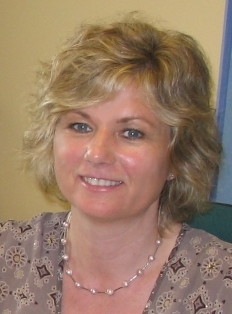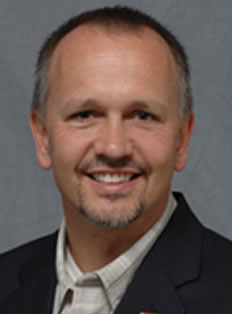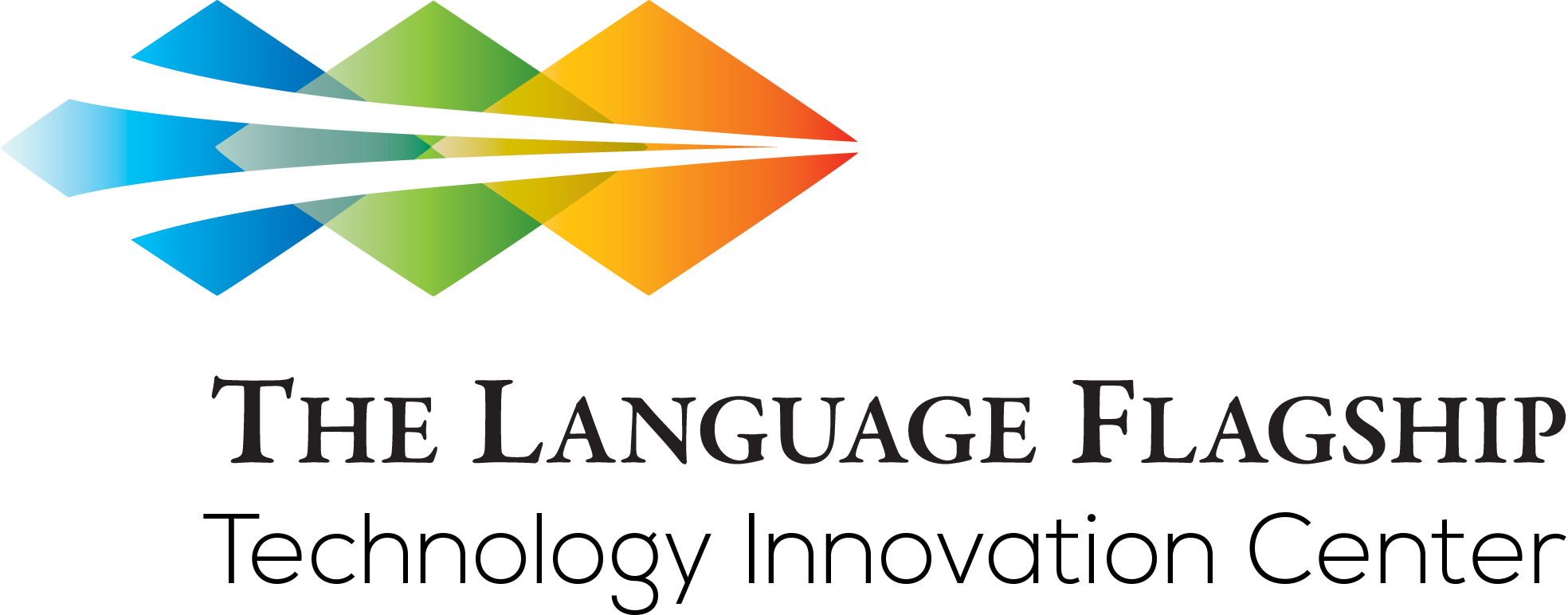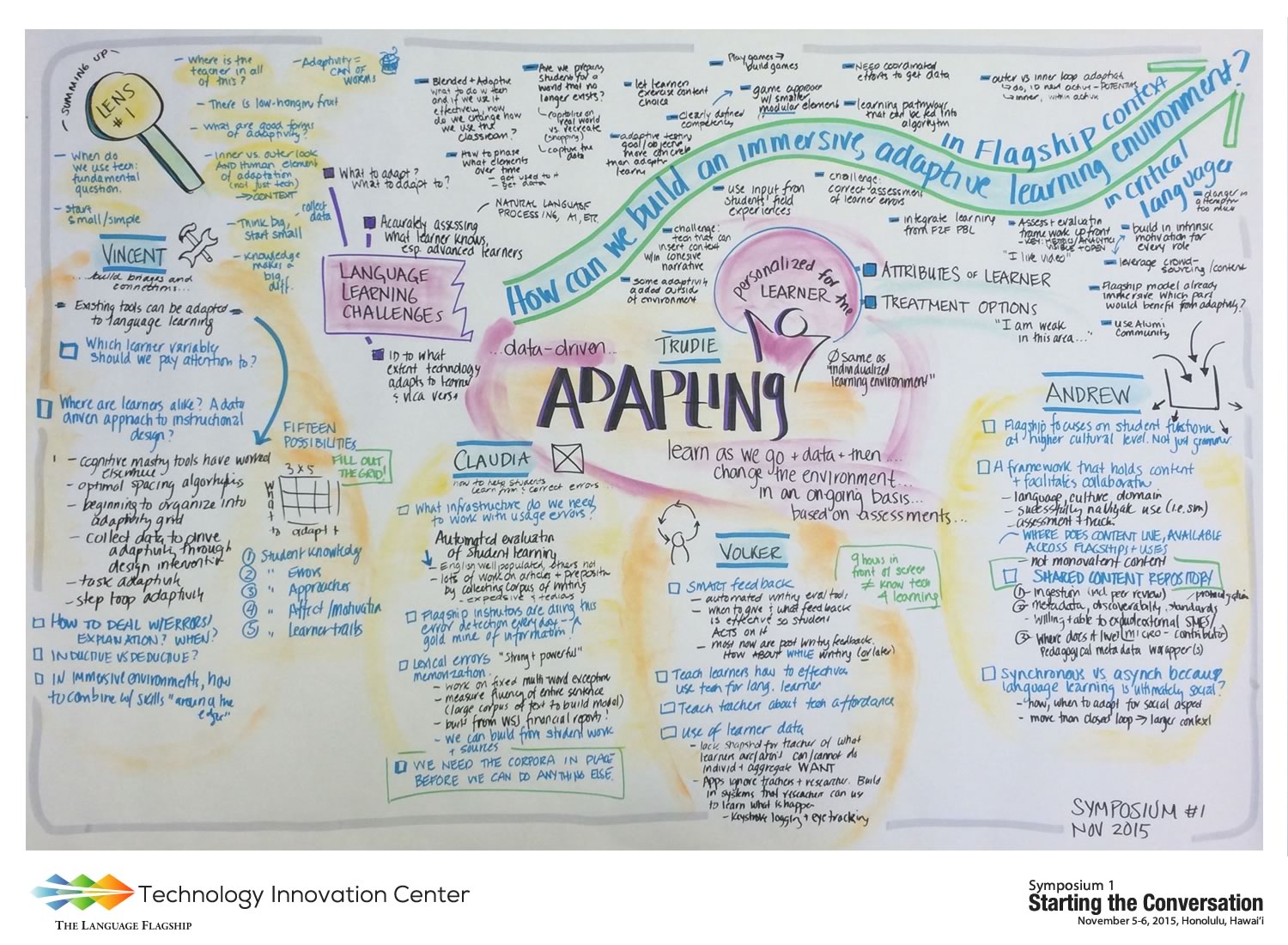Panel 1: Adapting as we go
The future of adaptive technologies for language learning.
Description:
This panel aims to illustrate and address some of the challenging and pressing issues of adaptive technologies for language learning as they present themselves from different, yet related perspectives. Language learning is inherently social and an adaptive learning system should engage both learner-learner interaction as well as learner-system interaction. While interactive, conversational agents, for instance, have found their way into adaptive applications in the sciences, language learning poses additional challenges of accurately assessing a learner’s knowledge due to the computational challenges of processing and evaluating learner language. The difficulties are compounded for advanced learners, especially those of critical languages with fewer computational and linguistic tools available. While language teachers play a central role in learner support, an adaptive system should also foster self-regulated and independent learning by enabling students to successfully take control of their learning in diverse language learning environments.
Host

Trude Heift
Dr. Heift’s primary research interests are Computer-Assisted Language Learning, Applied and Computational Linguistics. Her current projects include the design as well as the evaluation of pedagogical aspects of Intelligent Language Tutoring Systems – computer learning environments for second language learning that make use of Natural Language Processing and techniques of Artificial Intelligence. Her work has been extensively funded by SSHRC (2003-2006, 2007-2010, 2010-2013) and has appeared in journals such as Modern Language Journal, Language Learning & Technology, System, Computer Assisted Language Learning, ReCALL and CALICO. Together with her colleague M. Schulze (University of Waterloo), she also published a monograph entitled Errors and Intelligence in Computer-Assisted Language Learning: Parsers and Pedagogues (Routledge, ISBN 0415361915, 2007). In 2007, she received the Dean’s Medal for academic excellence in research, teaching, and service.
Panelists

Vincent Aleven
Vincent Aleven is Associate professor in the Human-Computer Interaction Institute at Carnegie Mellon University. He has over 20 years of experience in research and development of adaptive educational software based on cognitive theory and self-regulated learning theory, with a focus on intelligent tutoring systems for K-12 mathematics. He and his research group have created authoring tools for the cost-effective creation of intelligent tutoring systems. He has over 200 publications and 7 best paper awards at international conferences. He is the co-editor-in-chief of the International Journal on Artificial Intelligence in Education. He is/was PI on 8 major research grants and co-PI on 10 others.

Volker Hegelheimer
Volker Hegelheimer is Professor at Iowa State University and researches applications of emerging technologies in language learning and language testing. His publications have appeared in journals such as Language Learning & Technology, Language Testing, System, Computer-Assisted Language Learning, ReCALL, CALICO Journal, and he contributed to several edited volumes on Computer-Assisted Language Learning (CALL) and was a co-author of the initial TESOL Technology Standards for ESL teachers and learners monograph (2007-2009). He is the co-editor for the spring 2016 CALICO Journal special issue on automated writing evaluation. He has secured over $1.5 million in funds from external funding agencies such as Pearson, Educational Testing Service, the National Science Foundation, and a $1.2 million grant for materials development and training from the U.S. Department of State (2011-2013).

Claudia Leacock
Claudia Leacock has been working on using NLP in educational applications for over 25 years, focusing on automated writing evaluation and grammatical error detection. At McGraw-Hill Education, Pearson Knowledge Technologies, and Educational Testing Service, she pioneered the development of tools for grammatical error detection, automated assessment of short-response content-based questions and the quality of writing in essays. As a consultant for Microsoft Research, she collaborated on the development of ESL Assistant: a web-based prototype tool for detecting and correcting grammatical errors of English language learners. Dr. Leacock received a Ph.D. in Linguistics from the City University of New York, Graduate Center. Between 2003 and 2015, she has been a co-chair for ten Workshops on Innovative Use of NLP for Building Educational Applications.

Andrew Ross
Andrew Ross is Head of Learning Support Services in the School of International Letters & Cultures at Arizona State University (ASU). He completed his PhD at the University of California – Berkeley in French, and got his start in language technology at the Berkeley Language Center and the Mellon Foundation’s Project 2001 at Middlebury College. Ross came to ASU in 2010 from Brown University in Providence, Rhode Island where he was the Director of the Language Resource Center and Associate Director for Emerging Instructional Technologies. He co-created Hispanidades and the CIRCLE Project in collaboration with Columbia University and other institutions, and works on issues of culture and computer-mediated communications.

